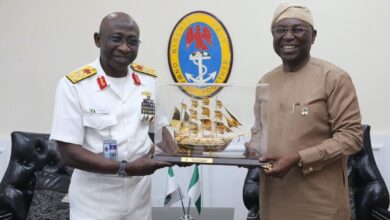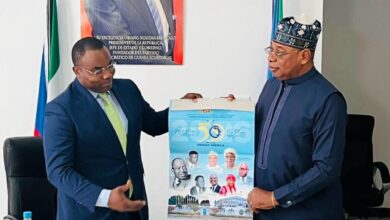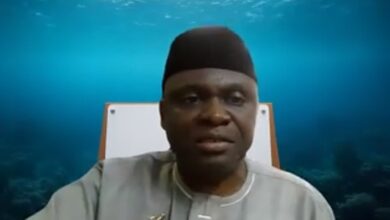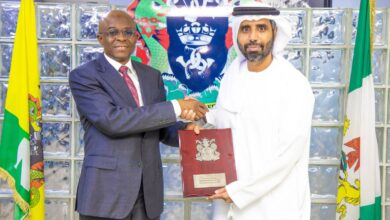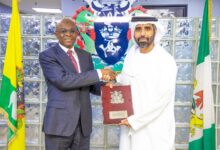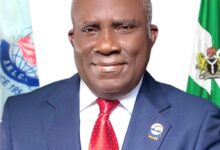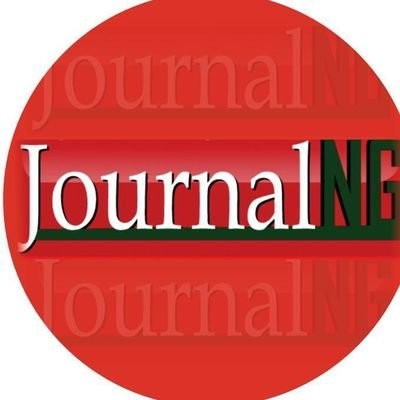
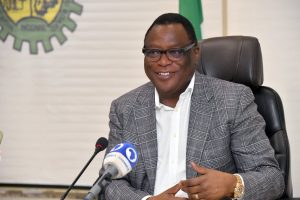
The Nigerian Content Development and Monitoring Board, (NCDMB) has initiated an audit of local marine firms servicing the oil and gas industry to assess their capacity.
Speaking to Newsmen on the sideline of the recently concluded Maritime Breakfast Meeting, hosted by Zoe Maritime Resources, NCDMB’s General Manager of Research, Statistics, and Development, Mr. Silas Ajimijaye, stated that the audit aims to evaluate the capabilities of indigenous firms and identify areas where the Board can provide support.
Ajimijaye also stated that the initiative is designed to strengthen the Nigerian Content Plan (NCP), which is a mandatory component of every contract arrangement.
The plan ensures that provisions are made to integrate Nigerians into the operations of foreign firms operating in the country.
He further emphasised that the law establishing the NCDMB empowers the Board to collaborate with relevant government agencies to enhance local content development.
He said: “The other thing I talked about is Marine Baseline Censors. What that means in that we want to carry out an audit on the marine companies that servicing the oil and gas industry.
“We want to know where we are now, what is the capacity, what are their capabilities, how many vessels, how many Nigerians and foreigners are working in the industry and how can we increase the participation of Nigerians in the marine services being offered to International Oil Companies, IOCs.
“We also want to their challenges and how the board can intervene, by the time we analyse the data, we will do what they call a gap analysis. And see what the gaps are in this data driven scenarios in the industry.
“Then we will now recommend to government on the need to bridge these gaps. At this point, we talk to our partners like the Nigerian Maritime Administration and Safety Agency, NIMASA, the National Inland Waterways Authority, NIWA and see how the gaps can be bridged.
“For instance, what we call the Nigerian Content Intervention Fund was based on a study we did years back as we realised that people had financial challenges and we put funds together, gave it to a development Bank instead of the money laying fallow at the Central Bank.”




